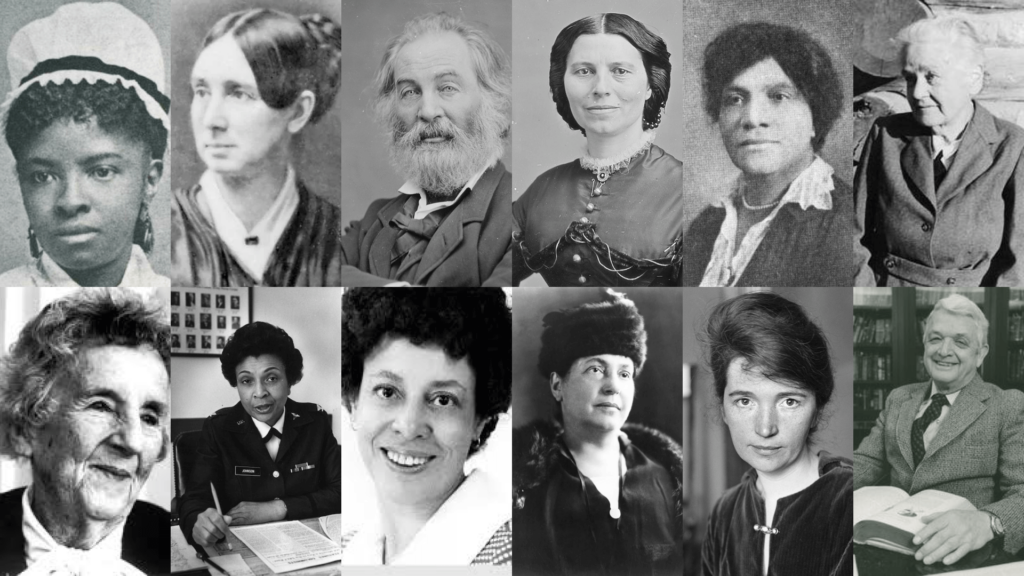As we celebrate Nurses Week 2024, it’s fitting to turn the spotlight on the extraordinary individuals who have paved the way for modern nursing. These remarkable men and women, through their dedication, innovation, and unwavering compassion, have not only improved patient care but also redefined the very essence of the nursing profession.
This year, let’s delve into the inspiring stories of eleven such trailblazers, understanding their journeys and the legacies they leave behind.
11 Most Influential Nurses In History
The history of nursing is rich with figures who have profoundly impacted healthcare and the nursing profession. From the early interventions of Clara Barton, who founded the American Red Cross, to the groundbreaking work of Mary Eliza Mahoney, the first African American professional nurse, each of these nurses has left a lasting legacy. Their contributions have not only advanced medical practices but have also opened doors for future generations in nursing education, policy, and practice.
1. Mary Eliza Mahoney (1845-1920)
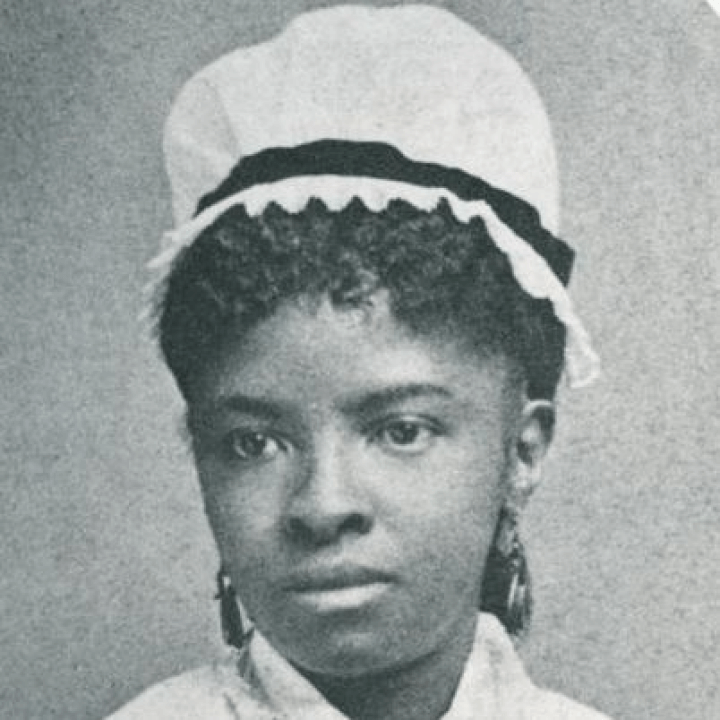
Mary Eliza Mahoney is celebrated as the first African American licensed nurse in the United States, a landmark achievement during a time when racial prejudices severely limited educational and professional opportunities for African Americans. Born in 1845 in Boston, Mahoney pursued nursing in her early twenties and graduated from the New England Hospital for Women and Children’s Nursing School in 1879, one of the few that accepted African Americans.
Her commitment to nursing excellence and her advocacy for racial equality significantly influenced the profession. Mahoney’s work transcended her duties; she co-founded the National Association of Colored Graduate Nurses (NACGN) in 1908, an organization that aimed to reduce racial discrimination in the nursing profession. The NACGN also recognized her with an award created in her honor to acknowledge outstanding nurses who followed in her footsteps.
Mary Eliza Mahoney’s pioneering spirit and dedication not only paved the way for generations of nurses of color but also helped raise the standards and expectations within the nursing profession, promoting inclusivity and equality. Her legacy endures, influencing the values and focus of nursing education and practice today.
2. Dorothea Dix (1802-1887)
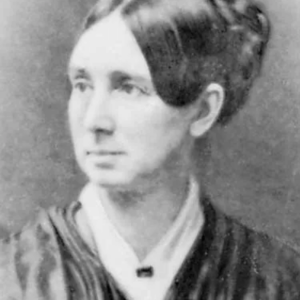
Dorothea Dix was not a nurse by profession, but she made significant contributions to the nursing field through her dedicated advocacy for the mentally ill. Born in 1802 in Hampden, Maine, Dix was a pioneering figure in the movement to improve the treatment and conditions of the mentally ill. Her efforts led to widespread reforms in the U.S. and Europe.
Throughout her career, Dix tirelessly campaigned for better, more humane treatment facilities for the mentally ill, leading to the establishment of the first generation of American mental asylums. Her work not only changed public perceptions of mental health but also established standards for care and treatment that impacted nursing and hospital care for the mentally ill. Her legacy is seen in the foundations of modern psychiatric nursing, and she is remembered for her compassion and relentless advocacy.
3. Clara Barton (1821-1912)
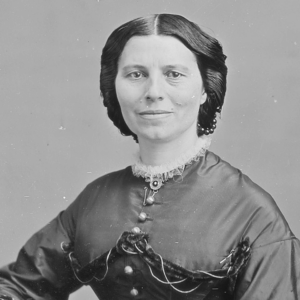
Clara Barton is celebrated as a pioneering nurse and humanitarian known for her outstanding service during the American Civil War and for founding the American Red Cross. Born in 1821 in Massachusetts, Barton began her career as a teacher and government worker but found her true calling tending to soldiers on the battlefield.
Recognizing the need for an organization that could provide swift and organized disaster relief, she established the American Red Cross in 1881, which significantly transformed emergency response and disaster preparedness in the United States. Her legacy as a nurse and leader in humanitarian efforts continues to inspire many in the fields of healthcare and emergency management.
4. Adah Belle Samuels Thoms (1890-1966)
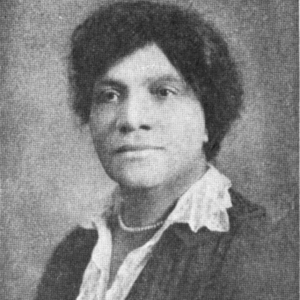
Adah Belle Samuels Thoms is a notable figure in nursing history for her efforts to integrate African Americans into the nursing profession in the United States. Born in Richmond, Virginia, in 1870, Thoms faced significant racial barriers throughout her career. Despite these challenges, she graduated from and later directed the Lincoln Hospital and Home School of Nursing in New York City. Thoms was instrumental in breaking down racial barriers in nursing, advocating for the acceptance of African Americans in the Armed Forces Nurse Corps during World War I.
Her leadership extended beyond nursing as she also played a significant role in the National Association of Colored Graduate Nurses (NACGN), working tirelessly to ensure equal opportunities for African American nurses. Her advocacy and accomplishments have left a lasting impact on the nursing profession, making it more inclusive and equitable.
5. Mary Breckinridge (1881-1965)
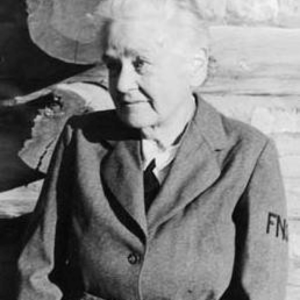
Mary Breckinridge, born in 1881 in Memphis, Tennessee, revolutionized rural healthcare in America. As the founder of the Frontier Nursing Service in 1925, she introduced nurse-midwifery to the United States and established a network of clinics in Kentucky to provide critical healthcare services to isolated, impoverished communities.
Breckinridge’s work significantly reduced maternal and infant mortality rates in regions previously lacking medical resources. Her dedication to rural health and the training of nurse-midwives left an indelible mark on American healthcare, paving the way for the development of a formalized midwifery profession.
6. Virginia Henderson (1897-1996)
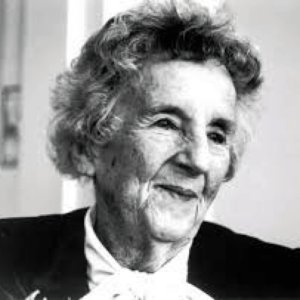
Virginia Henderson is celebrated for her extensive impact on nursing theory and education. Born in 1897 in Kansas City, Missouri, she formulated the renowned “Need Theory,” which emphasizes the importance of increasing a patient’s independence to promote their continued healing after hospitalization.
Henderson’s work expanded the role of nurses beyond caregivers to include facets of teaching and advocacy, significantly shaping modern nursing practices. Her “Need Theory” continues to be a cornerstone of nursing education worldwide, illustrating her enduring influence on the profession.
7. Hazel W. Johnson-Brown (1927-2011)
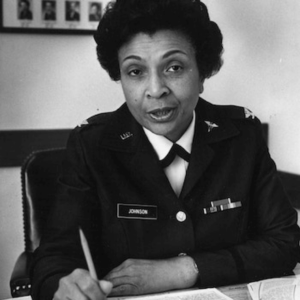
Hazel W. Johnson-Brown is a notable figure in nursing history for breaking racial and gender barriers within the U.S. military’s nursing corps. Born in 1927 in West Chester, Pennsylvania, she became the first African American woman to achieve the rank of Brigadier General in the U.S. Army and the first black Chief of the Army Nurse Corps.
Her leadership and advocacy for diversity and inclusion have made significant impacts on military nursing, inspiring many to pursue and excel in their nursing careers under more equitable conditions. Her accomplishments have opened doors for countless nurses and have fostered a more inclusive environment within the nursing profession.
8. Goldie D. Brangman (1917-2020)
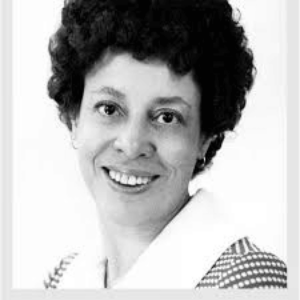
Goldie D. Brangman is known for her pioneering work in nurse anesthesia and her role in the successful 1958 operation on Dr. Martin Luther King Jr. after he was stabbed in Harlem, New York.
Brangman became the first African American president of the American Association of Nurse Anesthetists (AANA) and co-founded the School of Nurse Anesthesia at Harlem Hospital, significantly contributing to the education and professional development of nurse anesthetists. Her leadership and advocacy have made lasting impacts on the field, promoting diversity and excellence in nurse anesthesia.
9. Margaret Sanger (1879-1966)
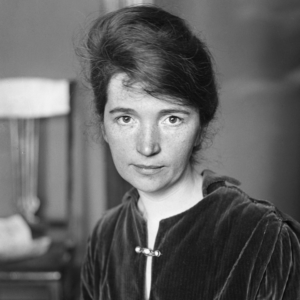
Margaret Sanger, born in 1879 in Corning, New York, is a prominent figure in nursing and public health due to her pioneering work in birth control and reproductive rights. As a trained nurse, Sanger witnessed firsthand the hardships and health complications women suffered due to frequent childbirths and illegal abortions.
This experience motivated her to advocate for women’s rights to contraception, leading to the establishment of the first birth control clinic in the U.S. in 1916. Her efforts significantly influenced the legalization and accessibility of contraception, paving the way for the modern family planning movement.
10. Lillian Wald (1867-1940)
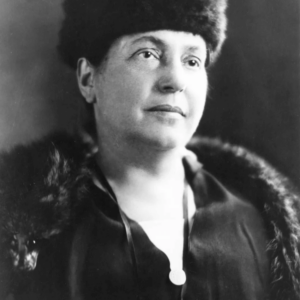
Lillian Wald, born in 1867 in Cincinnati, Ohio, is renowned as a pioneer of public health nursing. She founded the Henry Street Settlement in New York City, which was crucial in developing the concept of community nursing.
Wald’s innovative approach involved nurses providing care directly in community settings rather than in hospitals, which significantly improved public health and pioneered modern social work. Her efforts not only addressed medical needs but also social issues, influencing public health policy and establishing nursing as a vital part of community welfare services. Wald’s legacy endures in the continued practice of public health nursing and the holistic approach to health care.
11. Luther Christman (1888-1973)
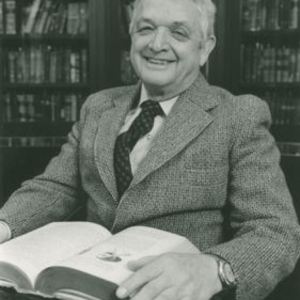
Luther Christman is a well-known figure in the history of nursing due to his significant role as a male nurse and his influential contributions to nursing education and practice. Born in 1915, Christman was one of the few men in nursing during his time, and he significantly challenged the gender norms in the profession. He fought for equal rights for male nurses and helped to establish the National Male Nurses Association.
He also served as the dean of the Rush University College of Nursing and was instrumental in developing innovative nursing programs that emphasized research, theory, and clinical practice. Christman’s advocacy for professional nursing and his efforts to improve nursing education systems have left a lasting impact on the field, making him a trailblazer for future generations of nurses, particularly male nurses.
Reflecting on Their Legacy
As we celebrate Nurses Week 2024, we reflect on the incredible lives and legacies of eleven groundbreaking nurses who have left indelible marks on the field of nursing. These individuals transformed healthcare through their unwavering dedication, pioneering spirit, and compassionate care, overcoming barriers and setting new standards in their pursuit of better patient outcomes and professional practices.
Their stories remind us of the power of resilience, the importance of innovation, and the enduring impact of caring for others. These nurses not only changed the profession; they also inspired countless others to follow in their footsteps, continuing to influence nursing education and practice today. As we look to the future, let us carry forward their legacy of courage, commitment, and compassion in all our healthcare endeavors.

